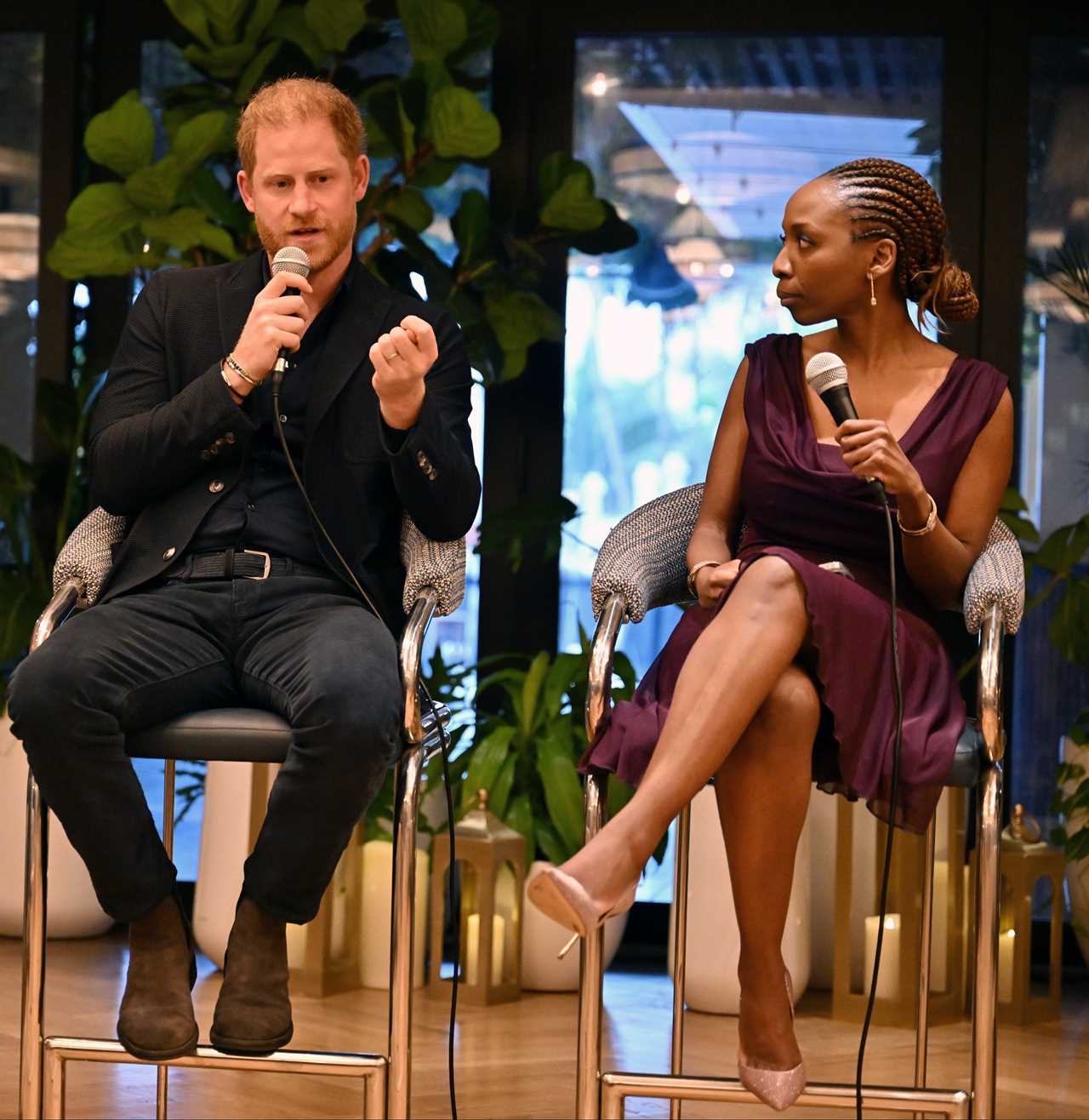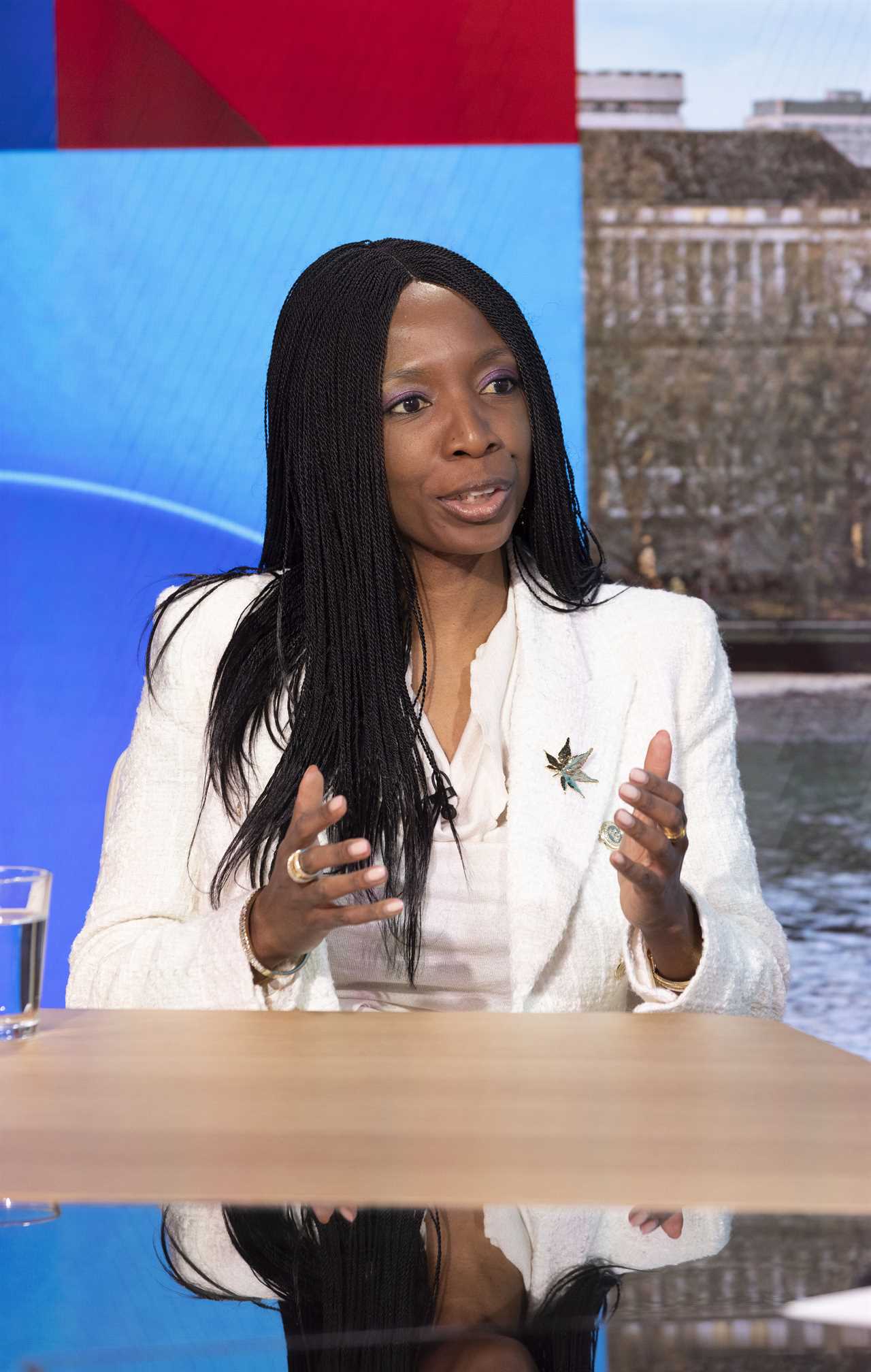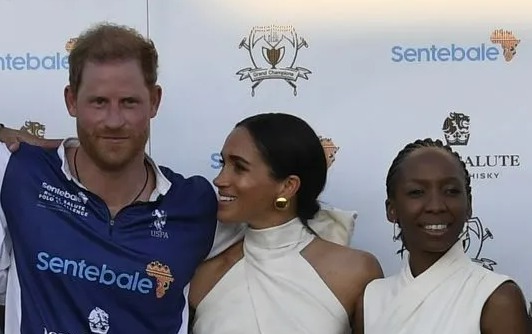
In a surprising turn of events, Prince Harry finds himself at the centre of bullying accusations within his own charity, mirroring the very claims he and Meghan Markle once directed at the Royal Family.
Royal Patronage Under Scrutiny
Last week marked Prince Harry's resignation as patron of Sentebale, the charity he co-founded nearly two decades ago in honour of his late mother, Princess Diana. Sentebale focuses on supporting orphans and vulnerable children affected by HIV/AIDS in Lesotho and Botswana. However, the organisation is now facing unexpected turmoil.
Accusations from Within
The upheaval began when Dr Sophie Chandauka, chairwoman of Sentebale, publicly accused Prince Harry of attempting to remove her from her position through what she describes as "bullying, harassment, and intimidation." These serious allegations have cast a shadow over the charity's operations and governance.
Internal Conflict Exposed
Dr Chandauka didn't stop at personal grievances. She took the bold step of reporting Sentebale to the Charity Commission, citing numerous governance failures. Her claims include poor management practices, abuse of authority, and a lack of transparency, all of which contradict the charity's mission of peaceful, community-led development.

Irony in the Air
The situation is particularly ironic given Prince Harry's history of speaking out against mistreatment within the Royal Family. Both he and Meghan Markle have publicly discussed their struggles, even securing substantial media deals to amplify their voices. Now, Harry faces similar allegations from within his philanthropic endeavours.
Chaotic Charity Events
The tensions within Sentebale came to a head during a charity polo event where Meghan Markle's appearance reportedly caused disorder. Dr Chandauka found herself in a difficult position as the event unraveled, leading to further strains between her and Prince Harry. Allegations suggest that Harry requested Chandauka to issue a statement supporting Meghan, which she refused, maintaining that the charity should remain independent.
Attempts to Control the Narrative
After legal challenges blocked Harry's efforts to remove Chandauka through a vote, accusations arose that he attempted to undermine the charity's reputation by releasing information to the press without proper authorization. This move only intensified the existing controversy surrounding Sentebale.
Echoes of Past Conflicts
This development raises questions about Prince Harry's ability to separate his personal experiences from his professional responsibilities. The discord within Sentebale eerily reflects the very issues Harry sought to distance himself from when stepping back from royal duties.

Impact on Sentebale’s Mission
Regardless of the veracity of these allegations, they have undoubtedly impacted Sentebale's reputation and ability to carry out its mission effectively. The charity, which employs over 500 people, now faces challenges that could hinder its support for children in need.
A Continuing Saga
The unfolding story highlights the complexities of public life and the difficulties of managing a charitable organisation amidst personal and organisational conflicts. Prince Harry's journey from royal life to philanthropy appears fraught with similar struggles he once aimed to overcome.
Looking Ahead
As this situation develops, the focus remains on how Sentebale will navigate these internal challenges. The charity's future and Prince Harry's role within it are now subjects of intense scrutiny, raising concerns about the sustainability of its mission and leadership.
Frequently Asked Questions
Are there any countries without a royal family?
Yes, many countries operate as republics without a royal family. These nations typically have elected leaders and do not maintain a hereditary monarchy, although some may have historical ties to royalty.
How do royal weddings differ from regular weddings?
Royal weddings typically feature grand ceremonies with significant media coverage, elaborate attire, and extensive guest lists that include dignitaries and members of the aristocracy. They often adhere to traditional protocols and customs unique to royal families.
What is the historical significance of royalty?
Historically, royalty has played a pivotal role in shaping nations, influencing laws, and establishing social order. Monarchs often acted as mediators in conflicts and were seen as embodiments of their nation's identity and unity.
What are the financial aspects of royalty?
The financial aspects of royalty can include income from state funds, personal investments, and inherited wealth. Some royal families also own extensive properties and assets that contribute to their financial status.
What are some controversies surrounding royalty?
Controversies surrounding royalty can include issues of privilege, the relevance of monarchy in modern society, and scandals involving royal family members. These situations often spark public debate and media scrutiny.
How does one become a member of royalty?
Membership in royalty is typically hereditary, passed down through bloodlines. In some cases, individuals may marry into royal families, gaining titles and privileges associated with their spouse's lineage.
What are some famous royal families in history?
Some famous royal families include the British Royal Family, the House of Windsor, the House of Bourbon in France, and the Romanov family in Russia. Each has significantly influenced their respective nations and history.
Statistics
- Approximately 43 monarchies currently exist around the world, with varying degrees of power and influence.
- According to surveys, 60% of people in Canada support maintaining the monarchy as part of their national identity.
- The average age of reigning monarchs worldwide is approximately 63 years old, reflecting both longevity and the hereditary nature of royal succession.
- Some modern monarchs, such as Norway's King Harald V, have chosen to live modestly, with their annual income being largely funded by the state.
- In Spain, the monarchy was restored in 1975 after the dictatorship of Francisco Franco, and the current king, Felipe VI, ascended to the throne in 2014.
- About 90% of monarchies today are constitutional, where the monarch's powers are limited by law or a constitution.
- Royal weddings often attract massive global audiences, with the marriage of Prince Harry and Meghan Markle in 2018 drawing an estimated 29 million viewers in the United States alone.
- The British Royal Family, one of the most recognized royal families, has an estimated annual expenditure of around £100 million.
External Links
How To
How To Trace Your Royal Ancestry
Tracing royal ancestry requires diligent research and access to historical records. Start by gathering as much information as possible about your family tree, including names, birth dates, and locations. Utilize online genealogy databases such as Ancestry.com or FamilySearch.org to locate records. Look for documentation like birth certificates, marriage licenses, and census data. You may also consult specialized resources on nobility and heraldry to identify connections to royal lines. Collaboration with local historians or joining genealogical societies can provide additional insight and support in your quest for royal heritage.
 PoliticsRoyaltySoap OperaGamingMoneyPrivacy PolicyTerms And Conditions
PoliticsRoyaltySoap OperaGamingMoneyPrivacy PolicyTerms And Conditions
